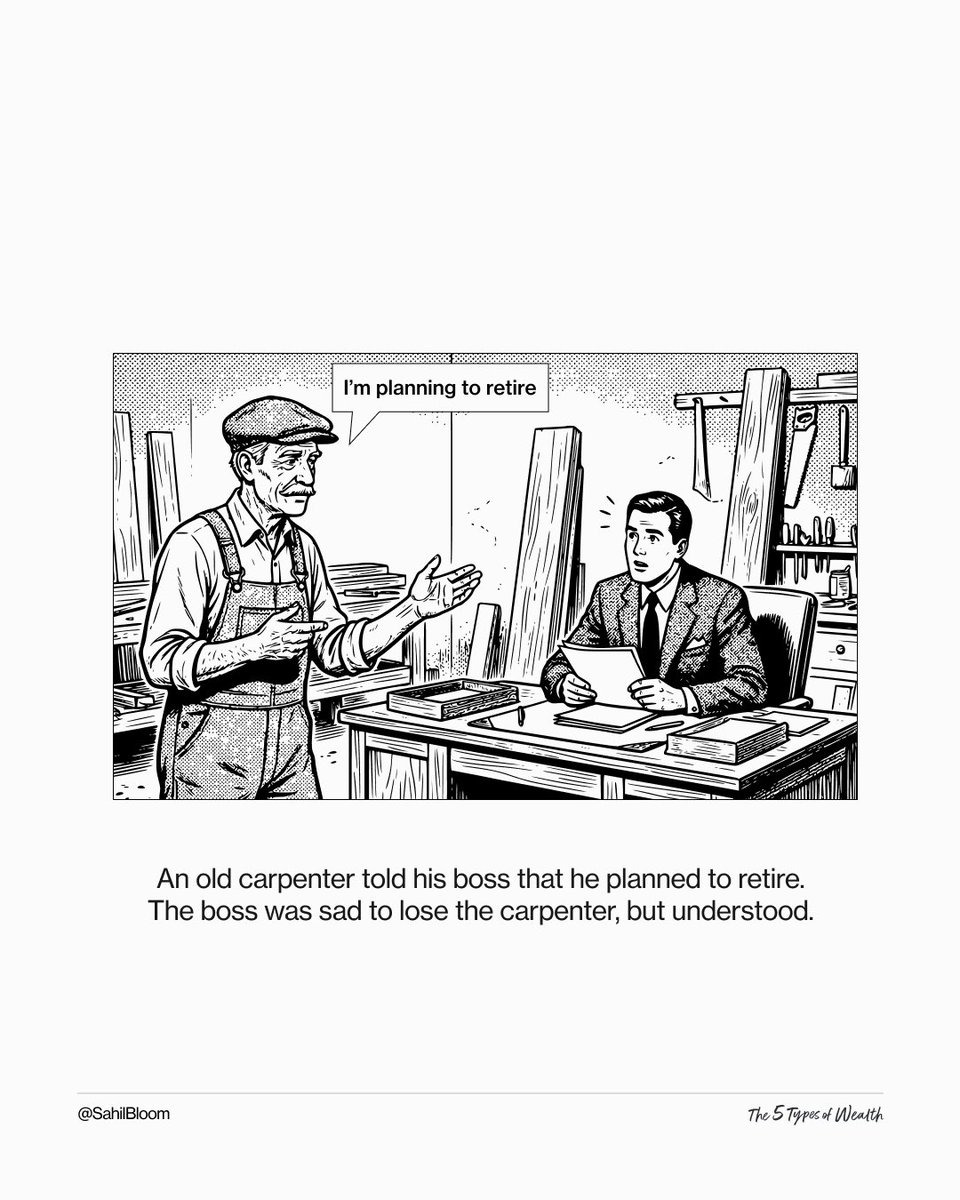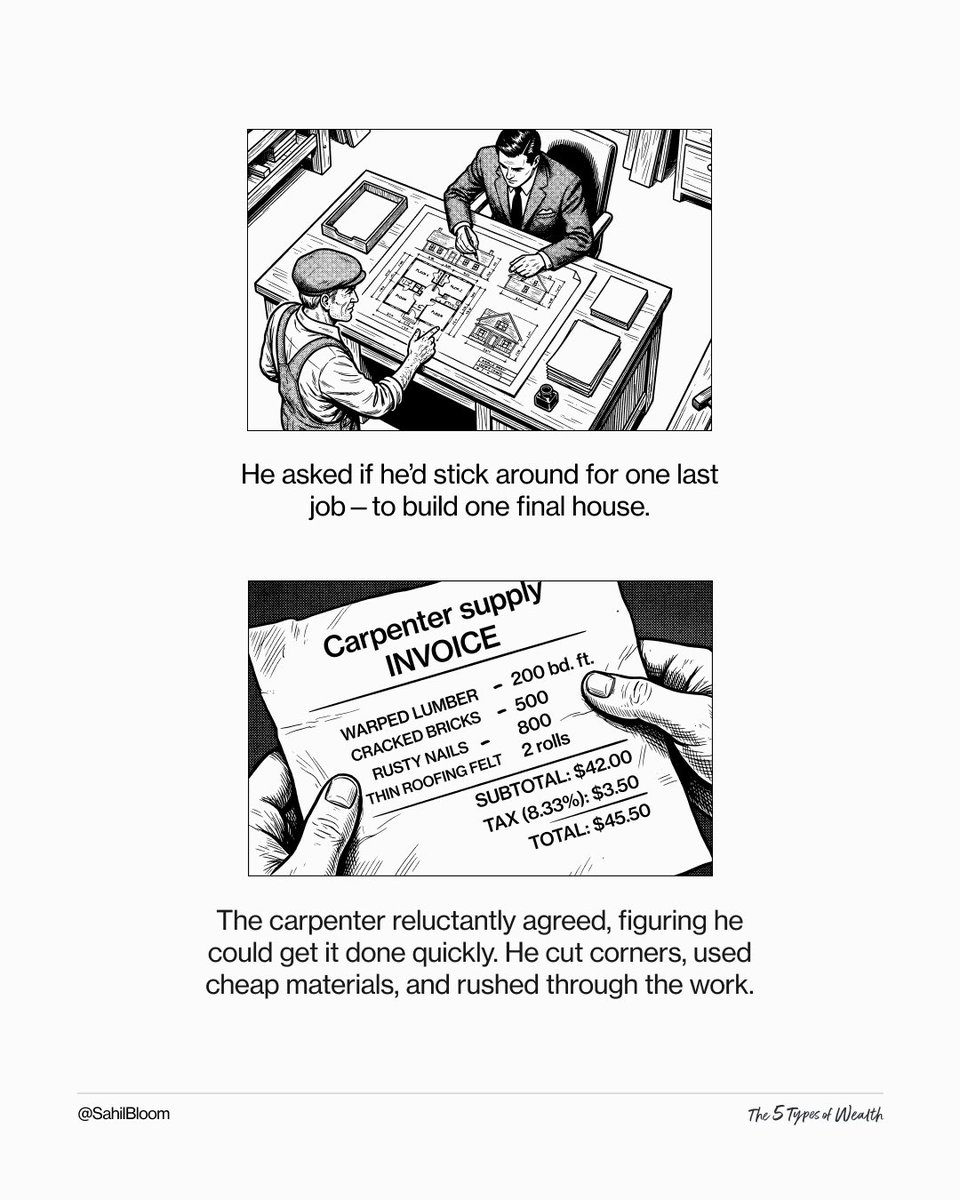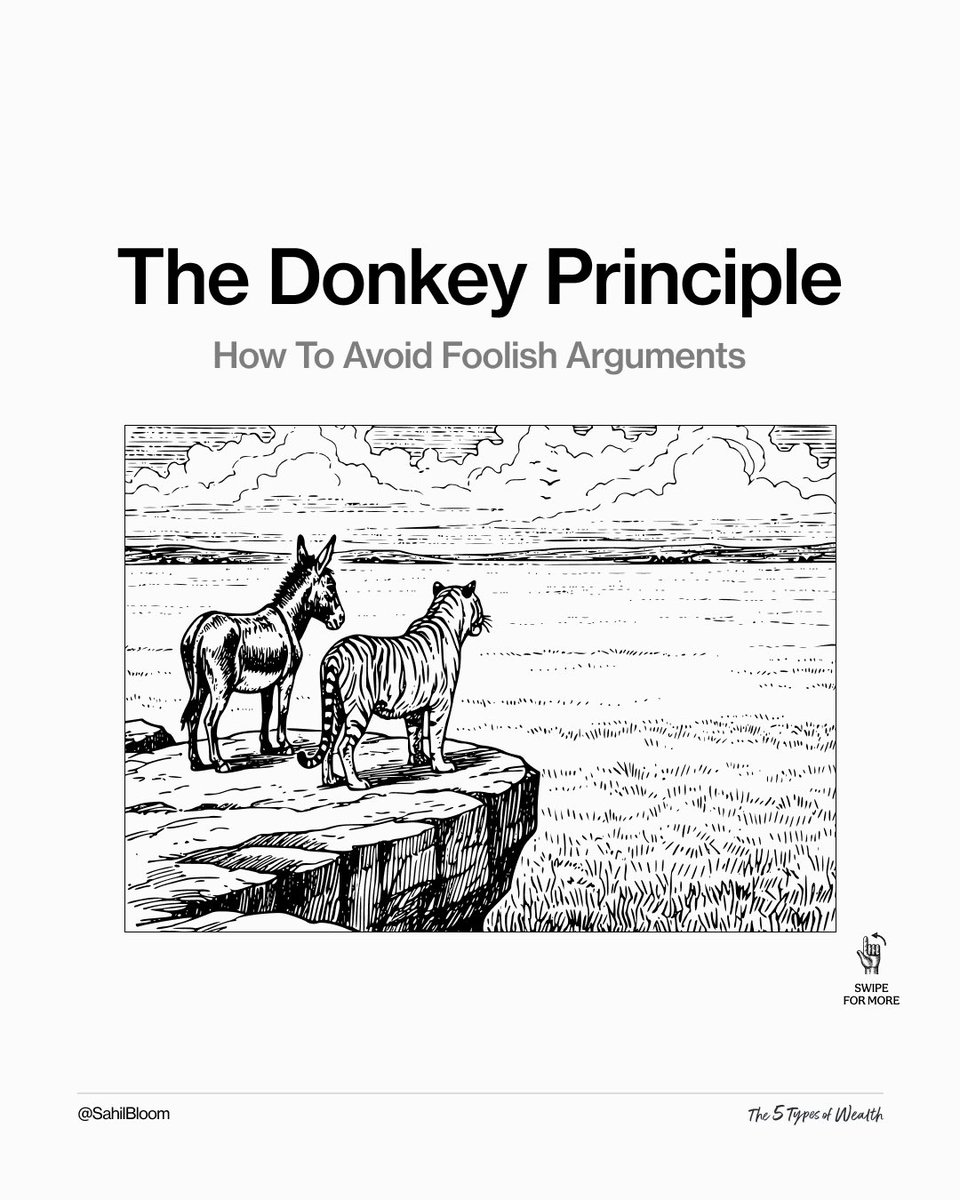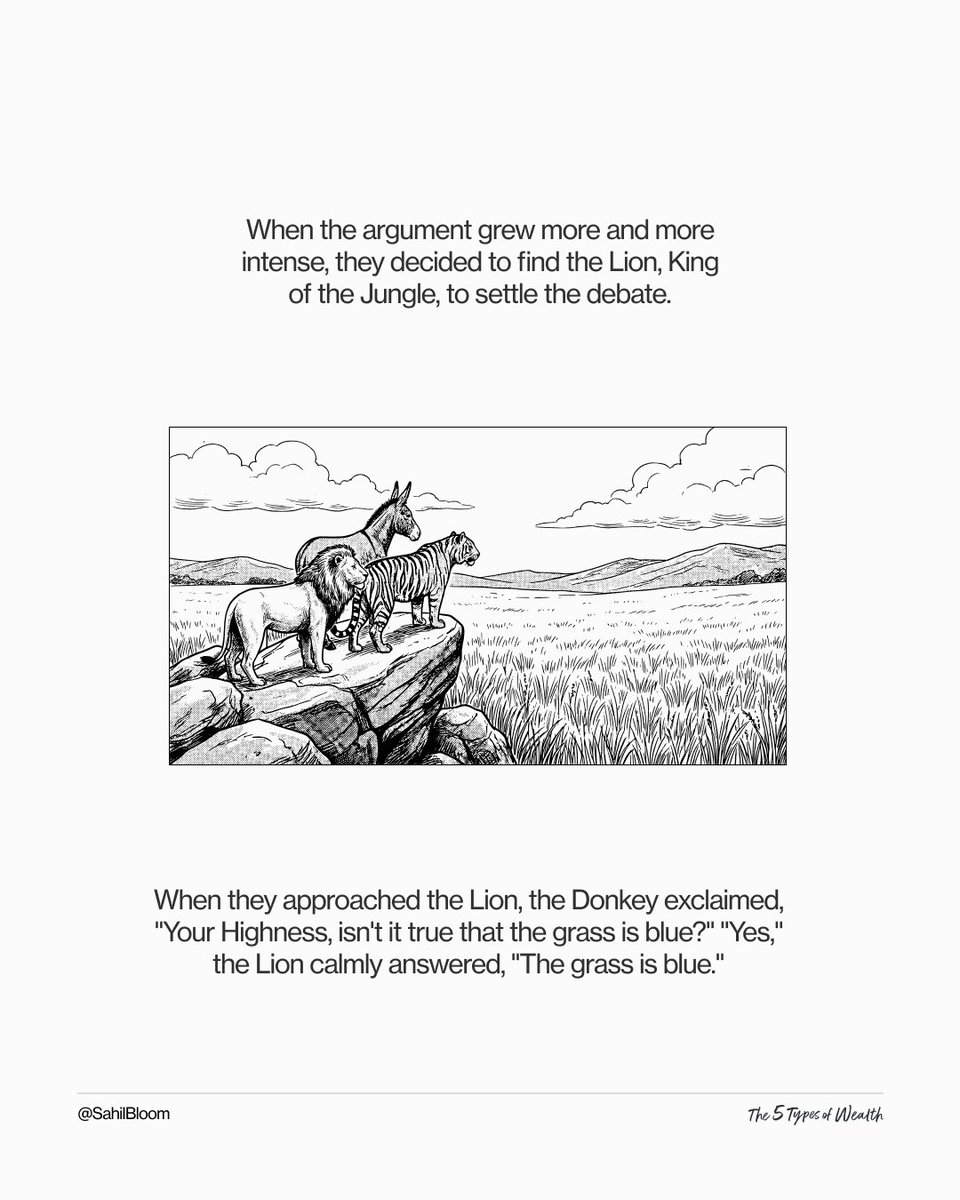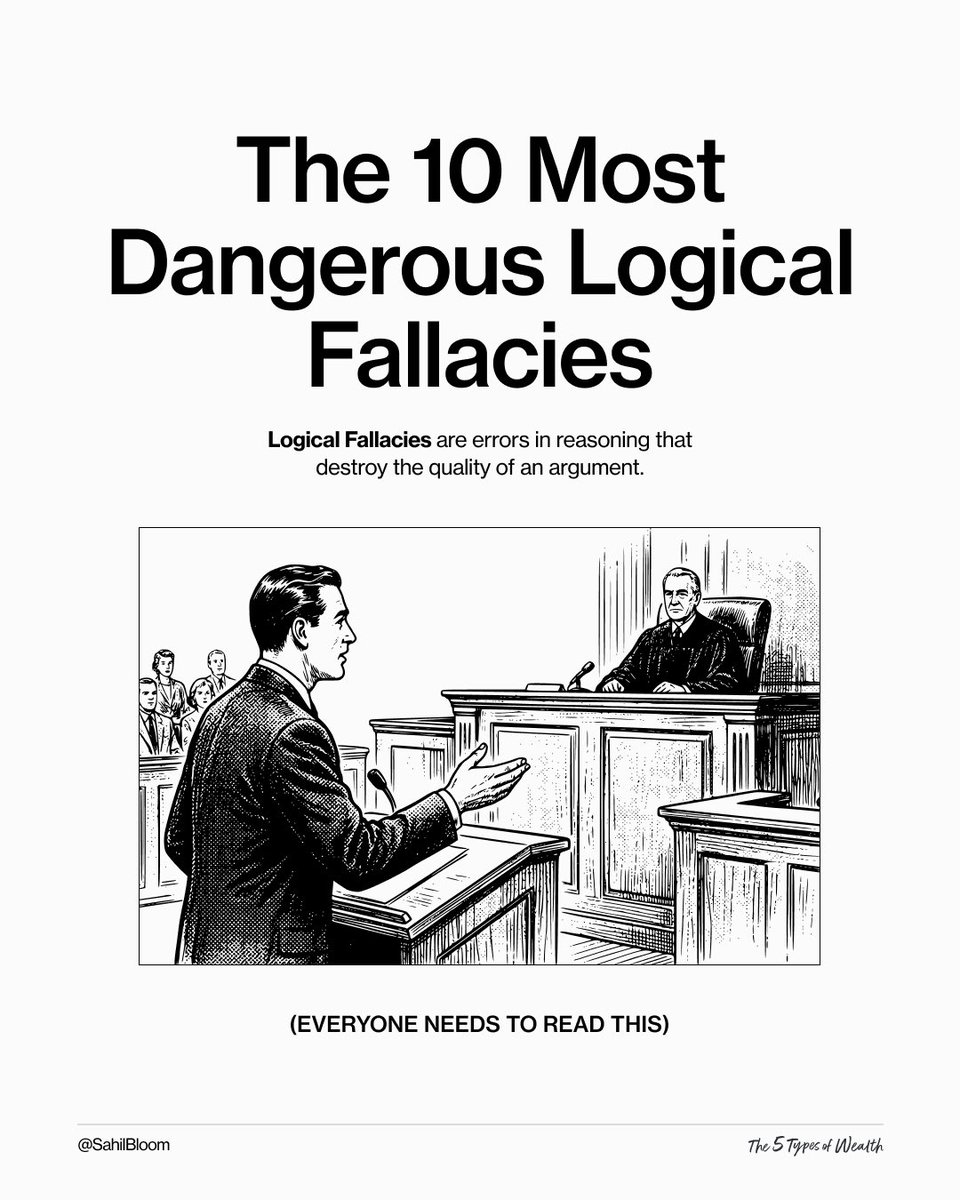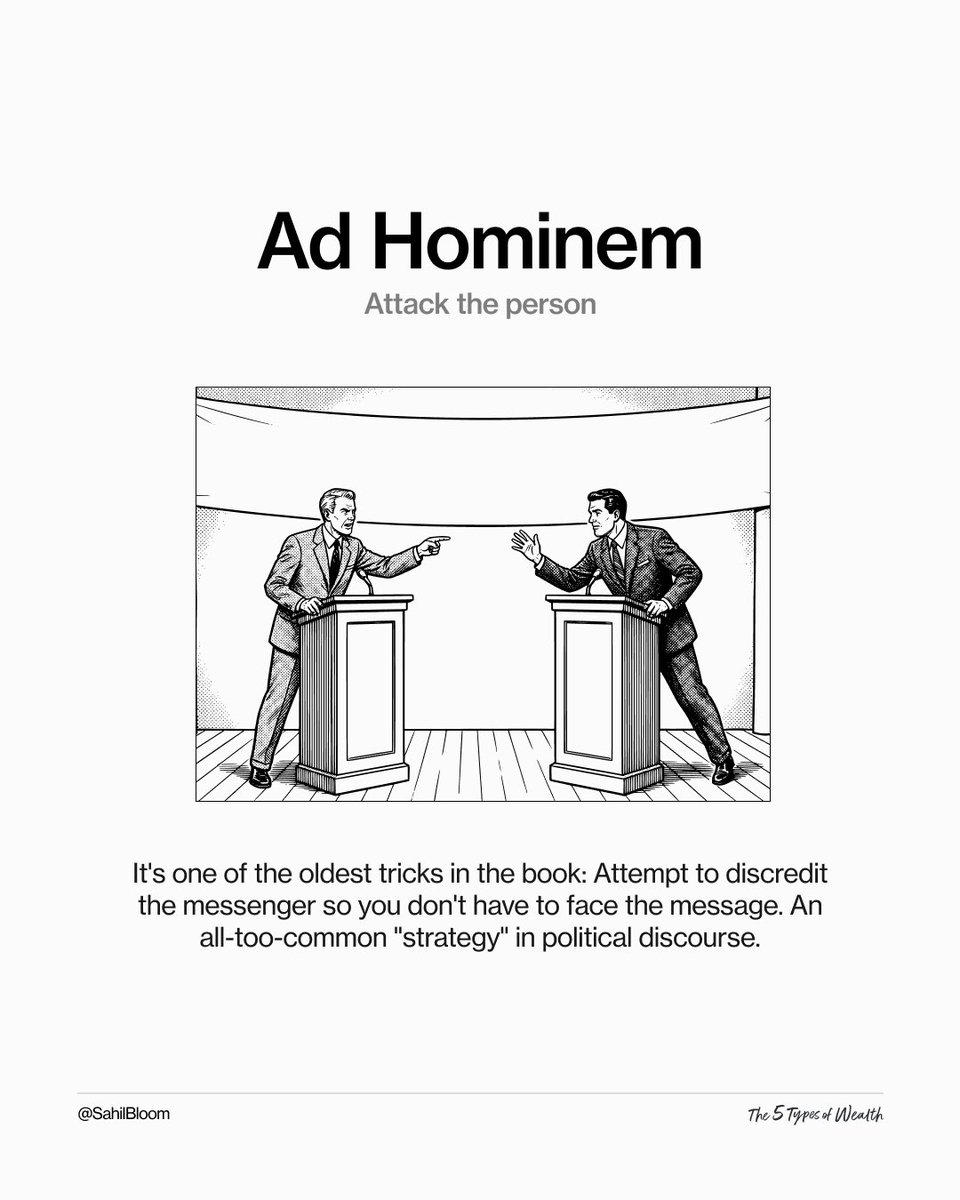First principles thinking is a powerful mental model for driving non-linear outcomes. It also requires a willingness to ask difficult, uncomfortable questions.
Here are a few to help you get started:
Here are a few to help you get started:

What is the problem I am trying to solve?
We often waste time and energy trying to solve the "wrong" problem.
Identify the "right" problem before you start trying to solve it.
We often waste time and energy trying to solve the "wrong" problem.
Identify the "right" problem before you start trying to solve it.
What do I know to be true about this problem?
Write down everything you know about the problem (and its previously attempted solutions).
Write down everything you know about the problem (and its previously attempted solutions).
Why do I believe these "truths" to be true? How do I know they are true?
Identify the source of your beliefs on the problem.
Be ruthless in evaluating their integrity and validity.
Identify the source of your beliefs on the problem.
Be ruthless in evaluating their integrity and validity.
How can I support these beliefs? Is there real evidence to support them?
Seek out hard, tangible evidence that proves these beliefs to be true.
If you cannot find it, or if the sources are of questionable integrity, you have learned something valuable about your beliefs.
Seek out hard, tangible evidence that proves these beliefs to be true.
If you cannot find it, or if the sources are of questionable integrity, you have learned something valuable about your beliefs.
Are my emotions clouding my judgment and reasoning?
When emotions drive our thoughts and decisions, we rarely see good outcomes.
Remove emotions from the process.
When emotions drive our thoughts and decisions, we rarely see good outcomes.
Remove emotions from the process.
What alternative beliefs or viewpoints might exist?
Acknowledging and understanding alternative viewpoints is a superpower.
Seek them out. Embrace them.
Evaluate them on their merits and ask these same fundamental questions about them.
Acknowledging and understanding alternative viewpoints is a superpower.
Seek them out. Embrace them.
Evaluate them on their merits and ask these same fundamental questions about them.
What are the consequences of being wrong in my original beliefs?
Understanding the stakes is critical.
Always understand the stakes.
Understanding the stakes is critical.
Always understand the stakes.
First principles thinking starts with questioning your beliefs.
Asking these questions will help you drill down to the foundational truths of a problem and ultimately identify a better solution.
If you start to feel like an endlessly curious child, you are on the right track.
Asking these questions will help you drill down to the foundational truths of a problem and ultimately identify a better solution.
If you start to feel like an endlessly curious child, you are on the right track.
If you enjoyed this, follow me @SahilBloom for more threads on mental models, decision-making frameworks, business, and finance.
You can check out my original thread on first principles thinking below.
You can check out my original thread on first principles thinking below.
https://twitter.com/SahilBloom/status/1329458583537397765?s=20
And if you are less Twitter inclined, sign up for my newsletter here, where you can find all of my old threads and receive all of my new threads directly to your inbox. sahilbloom.substack.com
• • •
Missing some Tweet in this thread? You can try to
force a refresh



